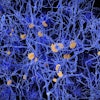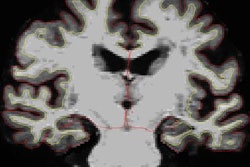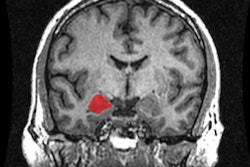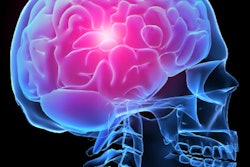MRI scans have shown that older patients who followed a Mediterranean diet had greater brain volume over a three-year period than individuals who did not adhere to the diet as closely, according to a study published online January 4 in Neurology.
Interestingly, the findings from researchers at the University of Edinburgh in Scotland contradict previous studies that found that eating more fish and less meat had no effect on brain changes (Neurology, January 4, 2017).
The Mediterranean diet consists of large amounts of fruits, vegetables, olive oil, beans, and cereal grains such as wheat and rice, along with moderate amounts of fish, dairy, and wine and limited amounts of red meat and poultry.
The researchers followed the eating habits of 967 Scottish people with no signs of dementia. Of those subjects, 562 (58%) had an MRI brain scan at around age 73 to measure overall brain volume, gray-matter volume, and thickness of the cortex. From that group, 401 people (71%) returned for a second MRI at age 76.
During that three-year period, subjects who did not closely follow the Mediterranean diet were more likely to have lost a degree of total brain volume, compared with people who were more committed to the diet. There was a 0.5% variation in total brain volume, which represents half the expected loss from normal aging.
The results were the same when the researchers adjusted for factors such as age, education, diabetes, or high blood pressure, which can also affect brain volume. There was no relationship between gray-matter volume or cortical thickness and the Mediterranean diet. However, the group also found that fish and meat consumption were not related to brain changes, which contradicts previous studies.
The results suggest that the Mediterranean diet may provide long-term protection for the brain, but larger studies are needed to confirm these results, said study co-author Michelle Luciano, PhD.


.fFmgij6Hin.png?auto=compress%2Cformat&fit=crop&h=100&q=70&w=100)





.fFmgij6Hin.png?auto=compress%2Cformat&fit=crop&h=167&q=70&w=250)











